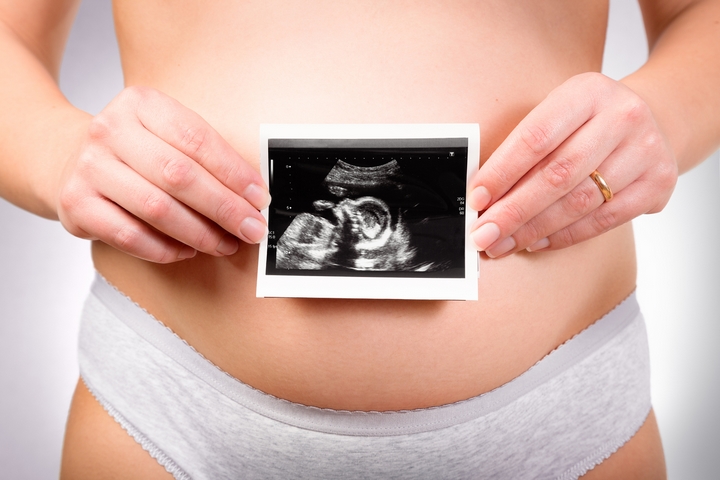Taking a step toward starting a family may seem like a leap. Having kids enter your household calls for all kinds of changes — emotional, physical, mental, and environmental. Becoming a parent is one of life’s most fulfilling roles. The beauty of this leap-taking journey is the many ways to achieve this goal! While the methods may not always be as straightforward as we would like, they are possible.
After taking a prenatal paternity test, the results may encourage you to raise the baby by yourself. A single woman who wants to start a family may feel confused and overwhelmed by all the available options. From insemination to surrogacy, there are many avenues for women to explore when deciding how to be impregnated.
If you are a single woman considering starting her own family, you’ve come to the right place! We will explore the options available to this demographic to further educate and inform you about how you could do this. Of course, besides reading this blog, it is incredibly important to consult a medical professional and find out which of these options best suits you!
Option #1: Sperm donor
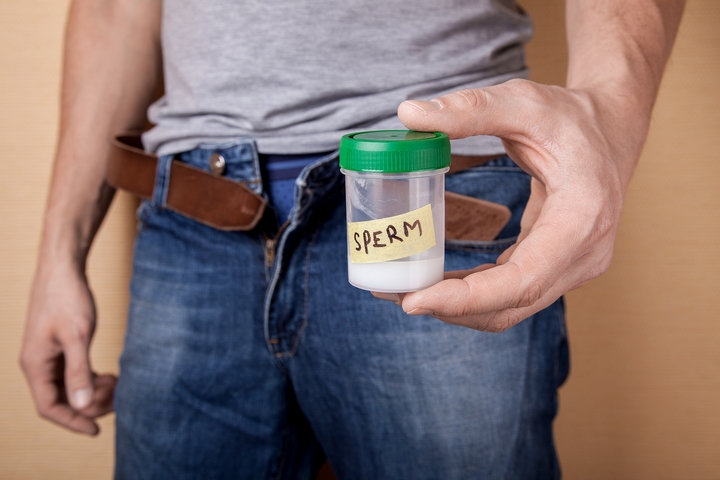
A fantastic option to consider when considering becoming pregnant as a single woman is using a sperm donor. Sperm donors can be anonymous or known and can be selected based on physical and medical characteristics.
Several options are available for selecting a sperm donor, including sperm banks, fertility clinics, and private donors. Sperm banks and fertility clinics typically offer a wide range of donors to choose from, and they often provide detailed profiles that include physical traits, medical history, and personal interests.
Using a sperm donor from a reputable source is important for ensuring the safety and health of the mother and child. Donors are screened for infectious diseases, genetic disorders, and other health conditions to minimize the risk of transmitting diseases or disorders to the child. You should also look for physical characteristics and medical history when flipping through your options.
Once a sperm donor is selected, the insemination process can be done through intrauterine insemination or in vitro fertilization, depending on the woman’s fertility status and preferences. In both cases, the sperm is inserted directly into the uterus or used to fertilize eggs in a laboratory dish.
Option #2: Intraurine Insemination
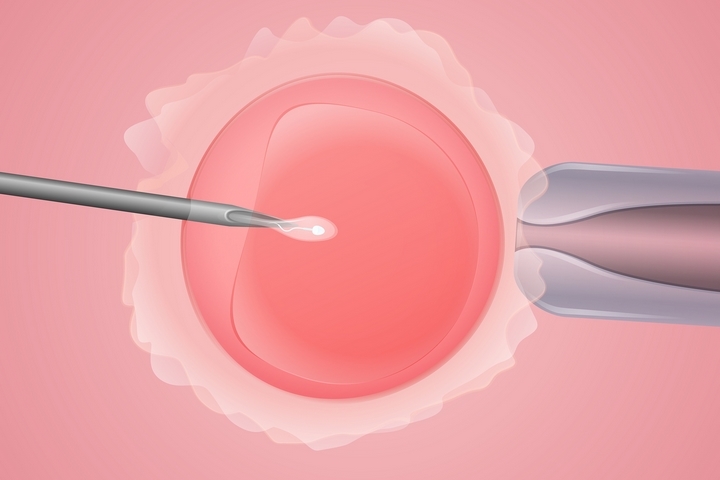
Intrauterine insemination (IUI) is a popular option for fertility treatment. It is a simple and minimally invasive procedure that involves inserting specially prepared sperm into the uterus during the ovulation period.
The process of IUI involves the collection of semen from a donor or partner, which is then processed in a lab to separate the best-quality sperm. The prepared sperm is placed directly into the uterus using a thin, flexible catheter. The best part about this relatively straightforward procedure is that it can be performed quickly and easily in a doctor’s office! It also does not require any anesthesia or surgery and has a success rate that is quite high.
Another benefit of this option is being one of the more affordable.
Option #3: In Vitro Fertilisation
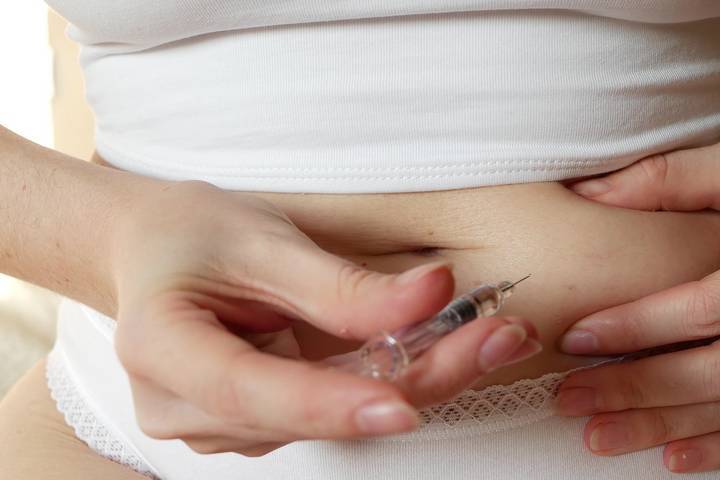
Another popular treatment is in vitro fertilization (IVF). This procedure is more costly and invasive than an IUI but has a higher success rate.
IVF involves several steps, including ovarian stimulation, egg retrieval, fertilization, and embryo transfer. The eggs are retrieved from a woman’s ovaries and are fertilized with sperm in a laboratory dish. The fertilized embryos are then transferred back into the woman’s uterus, where they can implant and develop into a pregnancy.
An added benefit is that you can also choose to freeze your eggs for future use, which is a good option to adopt if you need to delay your pregnancy.
Option #4: Donor egg
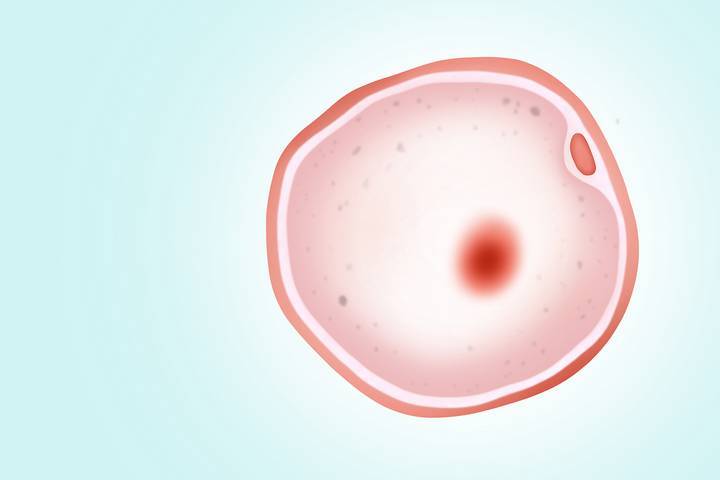
For single women who face fertility issues or are concerned about an age-related decline in egg quality, donor eggs can be a viable option to fulfil their dream of having a biological child. Donor eggs are typically used with IVF, where the eggs are fertilized with sperm in a lab and then transferred to the woman’s uterus.
This can increase the likelihood of a successful pregnancy, as the eggs are received from younger and healthier donors. However, using a donor egg can also raise emotional concerns and questions about genetic relationships and family history, which must be carefully considered!
Choosing a reputable source for donor eggs is essential. Overall, using donor eggs can offer a fulfilling path to parenthood for single women who face fertility challenges.
Now that we’ve gone through some viable options for you to consider think about which treatment would suit your needs best. Discuss your plans with a medical professional to properly assess the situation.

